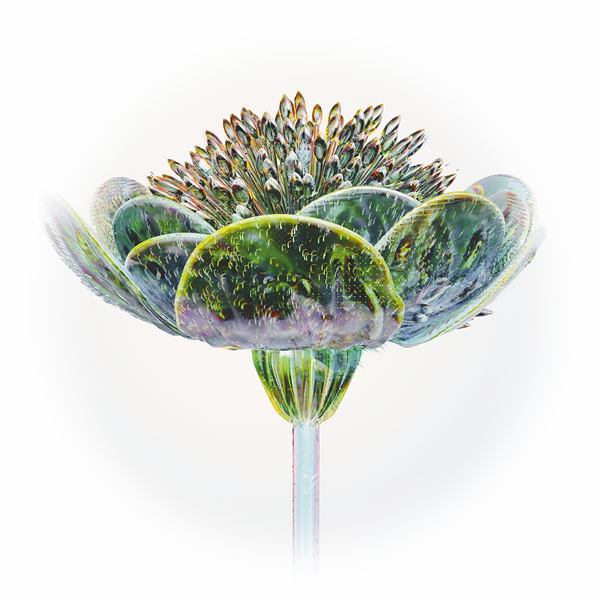As early mammals were mostly nocturnal, their visual sense was not prominent, and as a result, they had to rely greatly on olfactory and pheromone cues. Most of them still do. For instance, mammals still rely on their acute sense of smell not only to locate food sources but also to discern what is edible from what may pose a threat. This olfactory prowess extends to the regulation of appetite, a process vital for maintaining optimal health. The ability to quickly identify nourishing substances is a testament to the efficiency of the olfactory system in ensuring survival.
Beyond the realm of nutrition, the olfactory sense is a cornerstone of sociability. Mammals utilize their sense of smell to recognize kin, discern emotional states, and locate potential mates. The intricate chemistry of scent allows for the establishment of social bonds and the transmission of emotional information, fostering connections that are essential for the well-being and perpetuation of species. The vomeronasal organ, also known as Jacobson’s organ, positioned in the soft tissue of the nasal septum, also supports this function. In non-human mammals, this paired auxiliary olfactory organ is responsible for the detection of volatile and non-volatile chemical cues, such as pheromones which serve as chemical communication signals.
Olfactory information is also a crucial tool for avoiding dangers. In the perpetual dance between predator and prey, the herbivores’ sense of smell serves for sensing the proximity of carnivores for instance, and triggering the appropriate flight response. With their nose, mammals can also detect toxic substances or identify the presence of fire. This heightened awareness allows for swift and adaptive responses, enhancing the chances of survival in a world fraught with potential threats.
Finally, the sense of smell extends its influence into the realm of orientation. Mammals use their sense of smell to follow tracks, identify territories, and navigate migratory routes. This remarkable ability showcases the intricate connection between olfaction and spatial awareness, enabling animals to traverse their environments with precision and purpose.
The rapid transmission of olfactory information within the brain is a testament to the evolutionary significance of the sense of smell. Olfactory signals travel particularly swiftly in the brain, triggering quick responses that are crucial for survival. The immediate categorization of a smell as either favorable or repugnant is a primal instinct rooted in the necessity for rapid decision-making in the face of potential threats. In the presence of a repulsive odor, the insular cortex can unleash involuntary defense mechanisms. From the instinctive wrinkling of the nose to coughing, sneezing, or even vomiting, these reactions are protective measures designed to expel or avoid potentially harmful substances. The olfactory system, therefore, not only informs conscious decision-making but also governs reflex responses aimed at preserving health and well-being.
Olfactory judgments permeate our own daily lives, often guiding our behaviors without conscious awareness. Much like our animal ancestors, us humans constantly make olfactory assessments that shape our interactions with the environment. From choosing a meal to selecting a companion, the influence of scent on decision-making is a pervasive force that operates beneath the surface of our conscious thought. Therefore, it’s worth acknowledging the profound impact that the olfactory sense has on our lives and on the ways we inhabit the world.


















